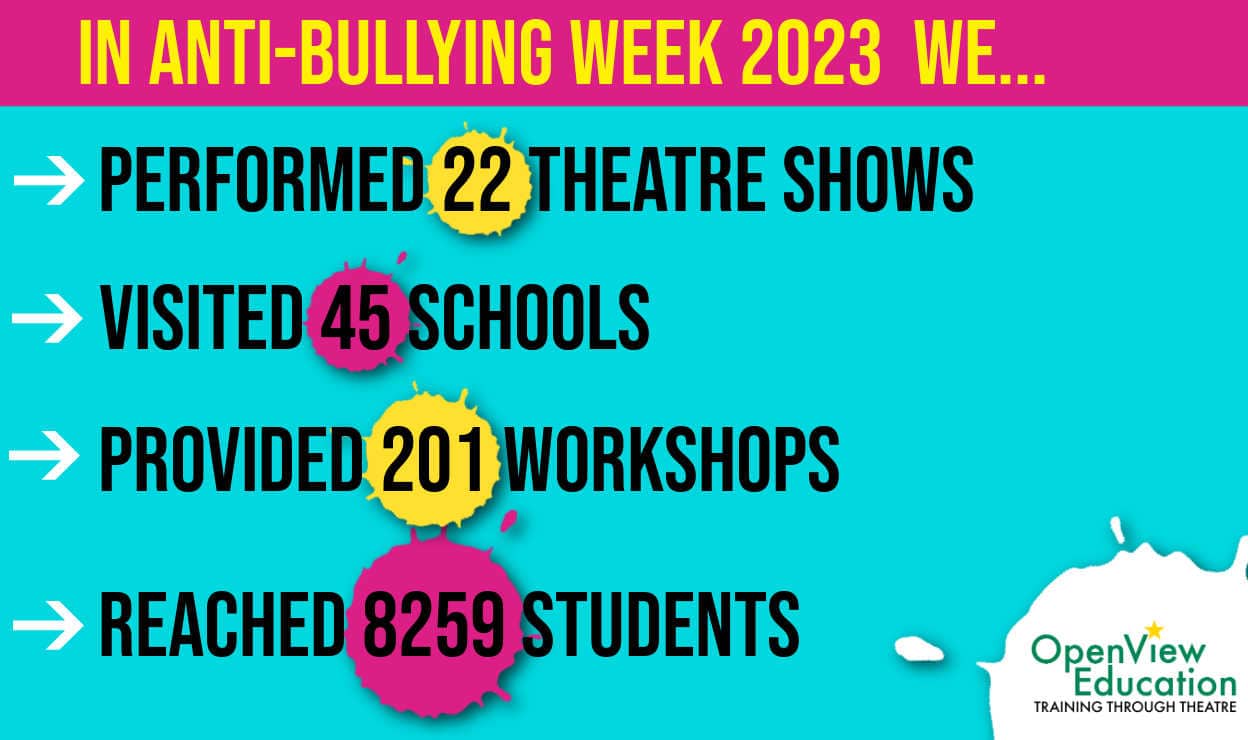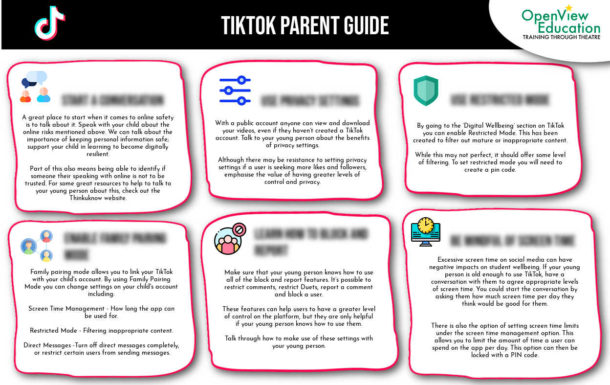5 Tips To Help Reduce SATS Exam Stress
SATS can be a stressful time for teachers and for students. For young people who have not yet developed strategies for dealing with stress, this can be a particularly challenging time.
Studies have shown that 1 in 8 teachers reported an increase in mental health issues in children around exam times.
Because of this increased strain, it can he helpful to have a strategy in place to help deal with these SATs nerves before they arrive. We can ask ourselves…
‘How can we help our young people to stay psychologically healthy and positive while also succeeding at their SATs?’
That’s why we have put together our top five tips to beat stress during SATs time.
1. Exercise
Physical exercise is shown to release Brain Derived Neurotrophic factor, which is instrumental in creating new brain cells. Not only is this a proven way to improving cognitive function, exercise also causes release of endorphins and has a significant de-stressing effect.
Intersperse long period of revision with plenty of physical exercise. This can be as simple running around the park, or playing a short game of football.
2. Take regular breaks
It’s important to notice when extended revision periods are becoming counterproductive. If a young person has been revising for their SATs for over 30 minutes, recognise if they are starting to enter a negative state of mind. This can be a great time to take a short break.
During breaks make sure there is the opportunity to relax and do something fun to reward them for the hard work they are doing. This is a great way of creating a positive association with revising.
3. Be positive & supportive
During their SAT prep When a young person makes a mistake, remember to respond calmly, don’t allow your own frustration or emotions impact your response. When they succeed, even if it is a small victory, be sure to praise them significantly for this progress. This will help to create a positive momentum around progress and learning.
For parents specifically, show support by creating a conducive environment to study at home, this can be arranging a quiet space where your child can study.
4. Teach children how to chill
You can teach your young people techniques to help them to stay calm. Talk with your young people about how they feel around the exams, and what ideas they have to help them feel calm.
Explain how we can make ourselves feel calm by breathing more deeply.
Before SAT exams begin, you could take your young people through a set of 5 deep breaths. This can be done by breathing in deeply through the nose for 5 seconds, then breathing out slowly for 5 seconds through the mouth. Go through this process, and explain that they can use this technique anytime that want to feel calmer.
You could even teach your children to meditate, there are some great child friend child meditations here. https://chopra.com/articles/3-kid-friendly-meditations-your-children-will-love
5. Talk about their nerves
Often young people feel stressed because they are worried about letting you down. Explain that while preparing for SATS is important, it wont negatively effect their relationship with you.
Talk to them about their nerves, if they do feel nervous it can be useful to talk about why they may feel this way. Frame the feeling or nerves as something that can help us to be alert, and help us to focus. You can explain it as…
‘Our bodies way of letting us know we’re ready to concentrate.’
Often the way we see and create meaning around our nerves can stop them from spiralling out of control, and transmute them into a more productive emotion.
SAT exams are an important academic mile stone for students, but it’s also a fantastic opportunity for students to learn to be resilient. It can be seen as a great opportunity for then to become more confident in their ability to stay calm under pressure.
At OpenView Education our mission is to equip young people with skills and knowledge they need to stay happy healthy and safe. We do this through our interactive e-safety workshops and shows, anti bullying workshops and our mindfulness storytelling workshops.
If you would like to arrange a visit for your school get in touch here.





